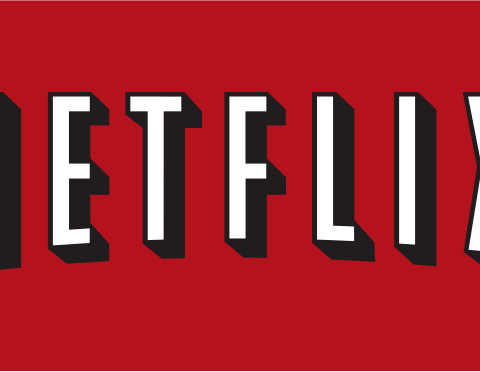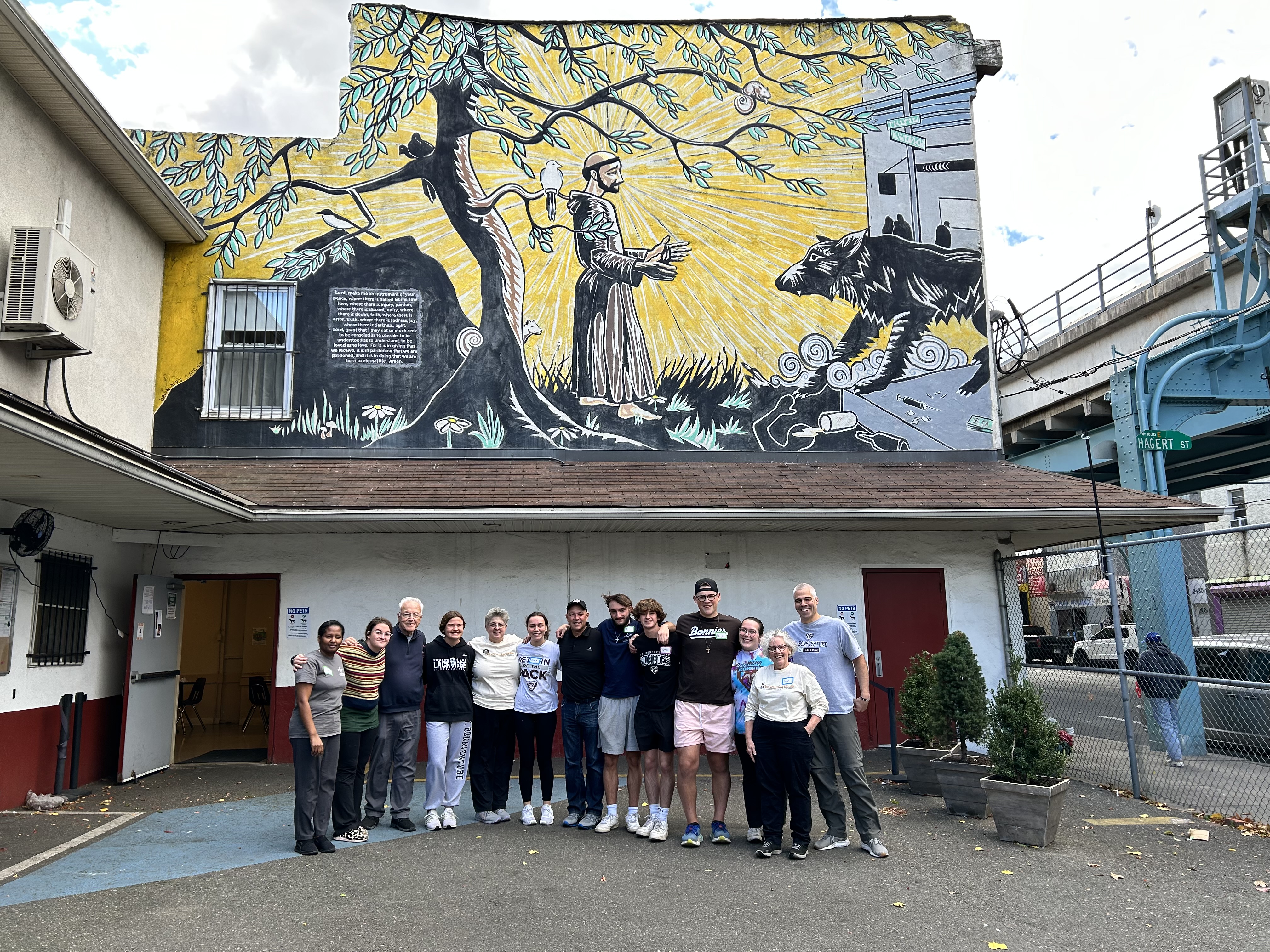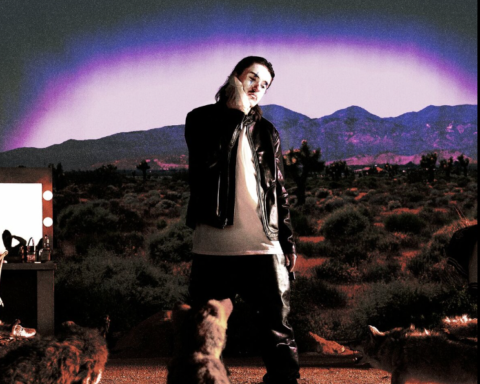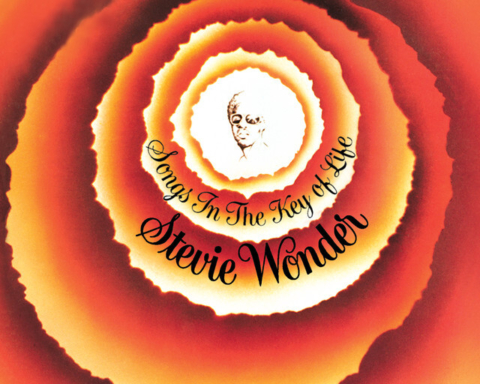When I was younger, my favorite television shows were “Boy Meets World” and “Saved by the Bell.” Each morning before going off to school, my sister and I would turn on the television and watch Zach Morris and Cory Matthews back to back. It became routine.
Even as an eight-year-old, we tuned in daily to these shows on young love, school-aged problems and sometimes even sex. And our viewing habits only became more PG-13 when “Dawson’s Creek” began airing before “Saved by the Bell” on our favorite early morning channel. These shows, while probably wildly inappropriate for me to watch at the time, helped shape me into the girl I am; it is hard not to when tuning in every morning, sitting and watching as the images I only sort of understood danced across the screen.
While looking through the New York Times on Tuesday, I saw an opinion piece by Lindy West as to how “’Clueless and ‘Saved by the Bell’ Are How We Got Trump.” It intrigued me. After reading just the subhead – “How ’90s pop culture convinced a generation of would-be earnest activists that caring was uncool” – I knew that I would disagree, and after reading through I was certain.
West argued in her piece that these shows chauvinistic themes, citing Topanga Lawrence’s feminism on “Boy Meets World” being a punchline along with that of Jessie Spano on “Saved by the Bell.”
She even went as far to note the character change from Kat in “10 Things I Hate About You,” a 1999 teenage romantic comedy, as a “rabid feminist until she’s cured by getting a boyfriend.” But this film was based on a Shakespearean play, and who would tell Shakespeare that he’s ruining a generation? It’s hard to argue with a world-renowned writer loved centuries after his time.
As a child growing up with these constantly playing through my everyday life, West would say that I should have turned out unsympathetic and apathetic to the issues in the world. But I’d like to think otherwise.
Watching Spano and Lawrence didn’t teach me that feminism was a joke, rather it taught me that it is okay to speak up when those surrounding me are being sexist, racist, homophobic and so forth. These characters taught me that people might not care about what you say and will try to belittle you, something that does happen in real life with all generations, not just those that have seen these specific chauvinistic characters. But with this injustice and backlash, it is still important to say what you have to, as no positive change is easy and anyone can make a difference.
Watching Kat taught me that while fighting for what I believe in, it’s important to not forget about other aspects of healthy life. That it’s okay to be angry about injustice but it’s also okay to find love, and the two polar opposites can make for a well-rounded individual.
Watching Cher from “Clueless,” another movie from the ‘90s mentioned in West’s article, taught me that people can change and those trying to make a difference, regardless of the motives, are doing good. She taught me that love is not the same thing as wealth, even if she does have a surplus of both cash and admirers.
These ‘90s characters and shows influenced ‘80s babies, ‘90s, ‘00s and so forth. West has hope for those in this coming generation, with activists like Greta Thunberg, a 16-year-old activist protesting governments and voicing her concern on climate change. However she fails to realize that young women and men such as Thunberg also were influenced by this pop-culture environment.
When comparing ‘90s babies to past generations, I think we, as a society, have come a long way from racist and sexist characters like Archie Bunker from “All in the Family.”
Natalie Forster is the Editor-in-Chief for The Bona Venture.
Her email is forstena17@bonaventure.edu








